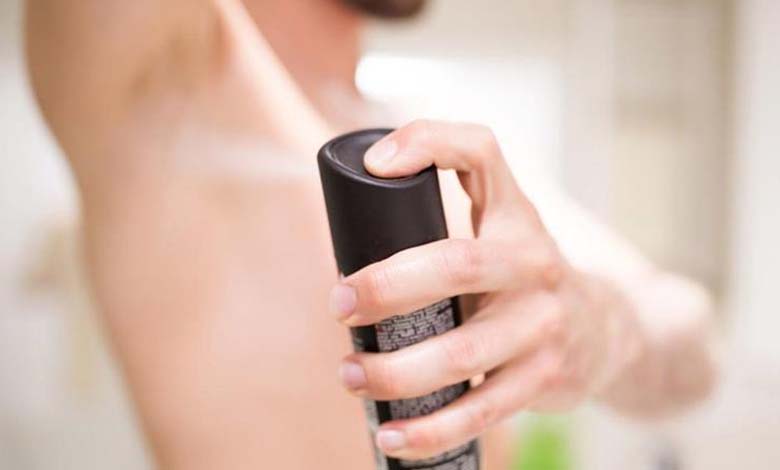Do deodorants cause cancer? Scientific demystification of a persistent myth

For years, the question of whether deodorants or antiperspirants cause cancer—especially breast cancer—has sparked intense debate. This concern emerged from a series of claims spread by the media and amplified by social networks, accusing certain ingredients of being carcinogenic. But what does the science actually say? This article provides an in-depth analysis to separate facts from misconceptions.
-
Full-Body Deodorant: Does It Truly Deserve Its TikTok Hype?
-
The Difference between Deodorant and Antiperspirant: What You Need to Know
The accused ingredients: aluminum salts and parabens
Antiperspirants commonly contain aluminum salts, such as aluminum chlorohydrate, which temporarily block sweat glands to reduce perspiration. These compounds have been suspected of having estrogen-like activity, hormones that play a role in breast cancer development. This assumption stems from the fact that many breast cancer cases occur in the upper outer part of the breast, near the armpit.
However, scientific studies conducted over the past two decades have found no solid evidence linking the use of aluminum-based deodorants to cancer development. The amount of aluminum absorbed through the skin is extremely low and well below dangerous levels.
Parabens, used as preservatives to prevent bacterial growth in cosmetics, have also been scrutinized. While some parabens can weakly mimic estrogen effects, their concentrations in personal care products are too low to cause biological harm. Moreover, many brands have already eliminated parabens without any decline in breast cancer rates.
-
Practical Tips to Reduce Excessive Sweating in Summer
-
Hair-Straightening Products, pose more of a risk than you may think
Scientific evidence and health authorities’ conclusions
Organizations such as the World Health Organization (WHO), the National Cancer Institute (NCI), and the Canadian Cancer Society have reviewed the evidence and concluded that there is no proven link between deodorant use and cancer. Large-scale epidemiological studies show no difference in cancer risk between users and non-users.
A study published in the Journal of the National Cancer Institute analyzed the hygiene habits of thousands of women, both with and without breast cancer, and found no statistically significant correlation between deodorant use and cancer incidence.
-
Is your Deodorant Dangerous? Here are the 4 ingredients to avoid
-
Scientific Study: The Impact of Smells on Brain Grey Matter
The role of rumors and misinformation
The fear originated in the 1990s from a viral email claiming that deodorants blocked the body’s ability to eliminate toxins, causing them to accumulate in breast tissue. This claim, lacking any biological basis, spread widely before the rise of social media. In reality, sweat plays a very minor role in toxin elimination—the liver and kidneys handle that process.
The actual risk factors for breast cancer are well known: genetic predisposition (BRCA1 and BRCA2 mutations), age, hormonal imbalance, obesity, alcohol consumption, smoking, and prolonged hormone exposure. None of these are directly linked to deodorant use.
-
Do Not Share Bathroom and Personal Hygiene Tools: An Essential Health Precaution
-
The Ice Bath: The Shocking Truth Behind This Famous Recovery Method
Precautions and safer alternatives
Although there is no evidence linking deodorants to cancer, some people prefer to limit their exposure to certain substances as a precaution. Today, many products are available without aluminum salts, parabens, or synthetic fragrances. Alternatives using baking soda, magnesium oxide, or natural ingredients (such as natural mineral alum, which is chemically different from industrial aluminum salts) provide effective protection.
It is also advisable to avoid applying deodorant immediately after shaving to reduce irritation or absorption through broken skin.
-
Your Favorite Perfume Could Disrupt Your Natural Chemical Balance
-
Study Finds That Pleasant Scents During Sleep “Enhance Memory”
Based on current evidence, deodorants and antiperspirants do not cause cancer. The concerns surrounding them are largely based on speculation and misunderstanding of chemistry. Choosing a natural or hypoallergenic deodorant remains a personal choice—more about comfort and skin sensitivity than public health necessity.
-
Irritation and Infections: How Makeup and Contact Lenses Affect Your Eyes
-
Night Sweats: A Subtle Symptom That Could Reveal Cancer Early












